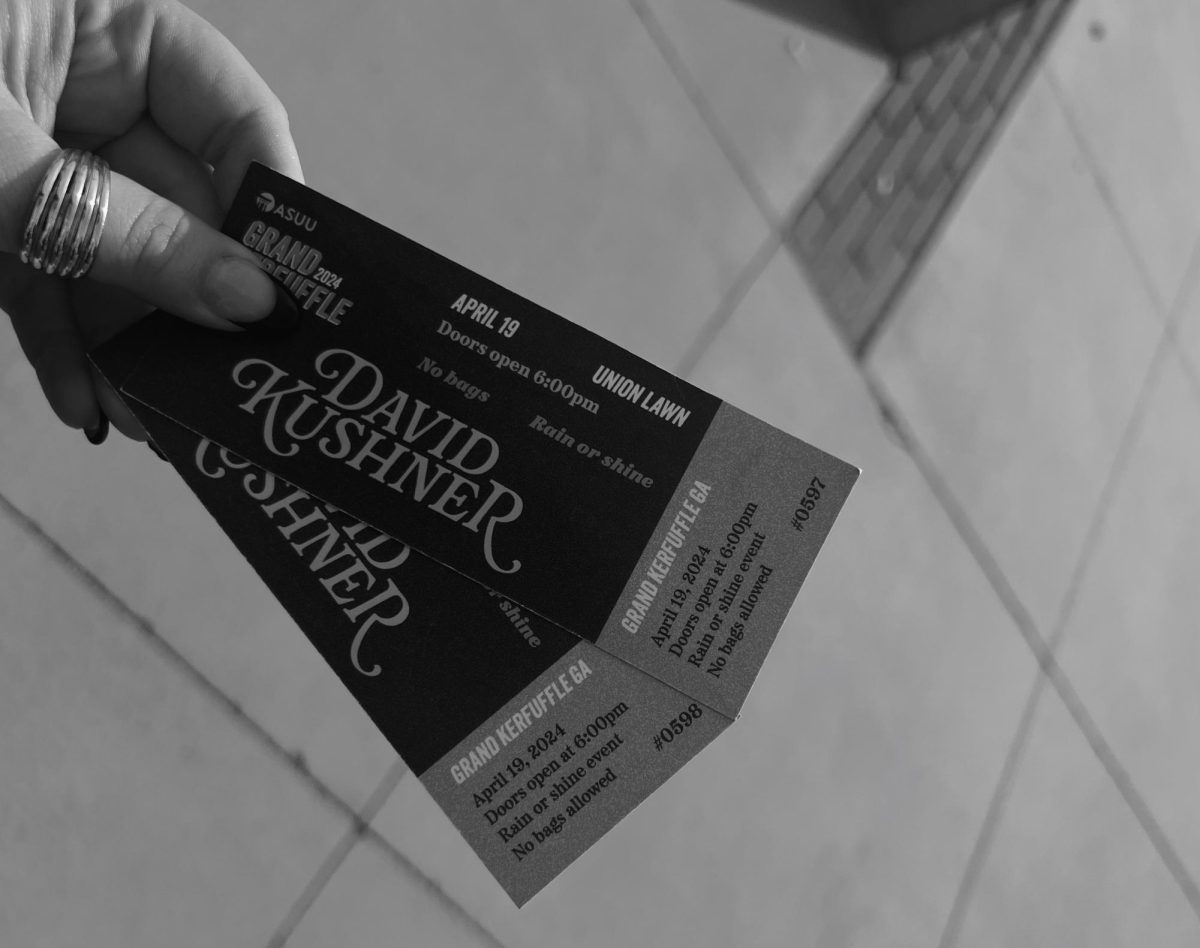Wanna get high? Lend a hand! Brain-imaging experiments conducted by the Corporation for National and Community Service in 2007 revealed that the act of donating time and money stimulates pleasure centers in the brain. The surge of euphoria associated with charitable giving has been dubbed the “helper’s high,” and unlike other drugs, charity is really good for you.
Extensive studies have shown that, regardless of your age, ethnicity, socioeconomic status or education level, serving other people produces measurable health benefits. People who participate in some kind of community service live longer, healthier and happier lives than those who do not. At a recent conference held by the Stanford Medical School’s Center for Compassion and Altruism Research and Education, researchers demonstrated that the helper’s high alleviates stress and reduces inflammation in the body and brain. Curtailing stress and cellular inflammation drastically lowers our likelihood of getting cancer and other serious diseases. Thus, we can significantly extend our life expectancy by simply extending a hand.
From teenagers to the elderly, people who volunteer experience higher levels of life satisfaction and lower levels of depression. Depression is frequently induced and characterized by an intense, deprecating focus on one’s self. This mental state is exhausting and debilitating, because constantly criticizing ourselves requires a tremendous amount of energy. Community service yanks us out of this state of self-focus and compels us to fixate on others, freeing up all that energy that was being wasted on self-scrutiny. Additionally, service grants us a sense of purpose and affords us a perceptible, positive role in society.
Role theory asserts that our behavior is predicated upon our social position or role. When we assume the role of a volunteer, we naturally tend to imitate and eventually embody the perceived characteristics of a quintessential “volunteer.” We actually become kinder, more compassionate and more empathetic. As we become more secure in service-oriented roles, we become more confident in ourselves and less bothered by our perceived failures. Our conscious focus shifts from the damage we think we have done in our own lives to the blessings we have cultivated in the lives of others. Healthy doses of service-induced dopamine reinforce altruistic behavioral patterns and rewire our brains to crave that feeling of community involvement and contribution. Thus the act of serving others not only makes us feel good, but it literally makes us better people.
The evolutionary advantages of cultivating compassion are clear. In many ways, it is a prerequisite for society. After all, society is just an extensive network of individuals invested in and connected to one another. Without a built-in reward system for contributing to something, or someone outside of ourselves, we wouldn’t have the same emotional propensity to congregate in communities. In The Descent of Man, Charles Darwin postulated that “communities, which included the greatest number of the most sympathetic members, would flourish best, and rear the greatest number of offspring.” While we tend to attribute human intelligence to the success of our species, perhaps compassion is our greatest evolutionary advantage.
At the end of the day, we don’t really need studies, experiments, research and theories to understand that helping others is one of the best ways that we can help ourselves. The greatest teachers all throughout human history have preached this truth, but I believe Jesus Christ summed it up best when he said, “It is more blessed to give than to receive.” Regardless of your religious, philosophical or scientific beliefs, getting high on helping others will inevitably improve the quality of your life.










